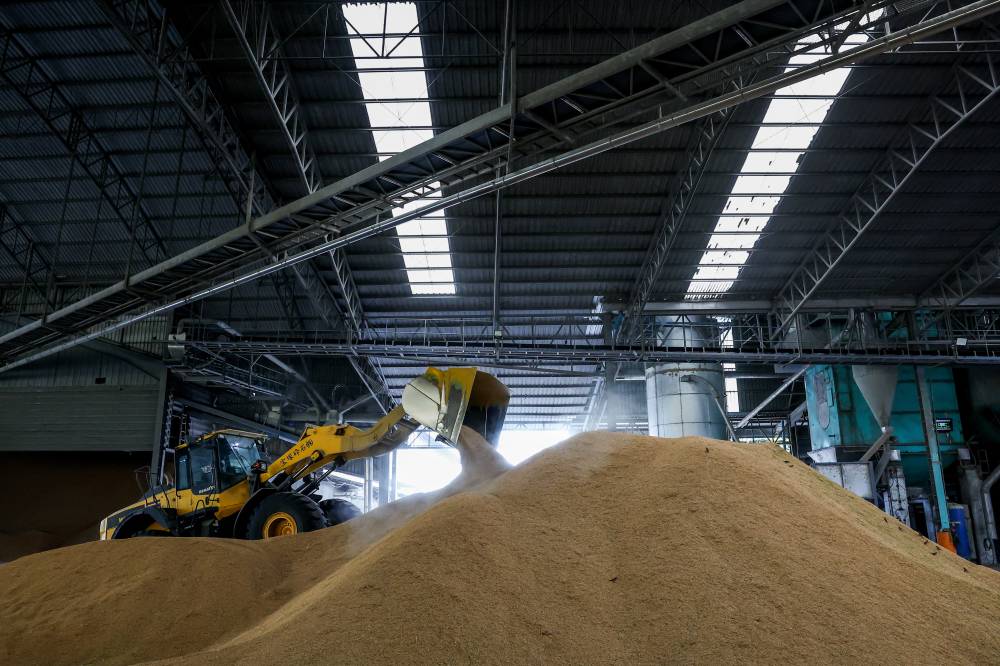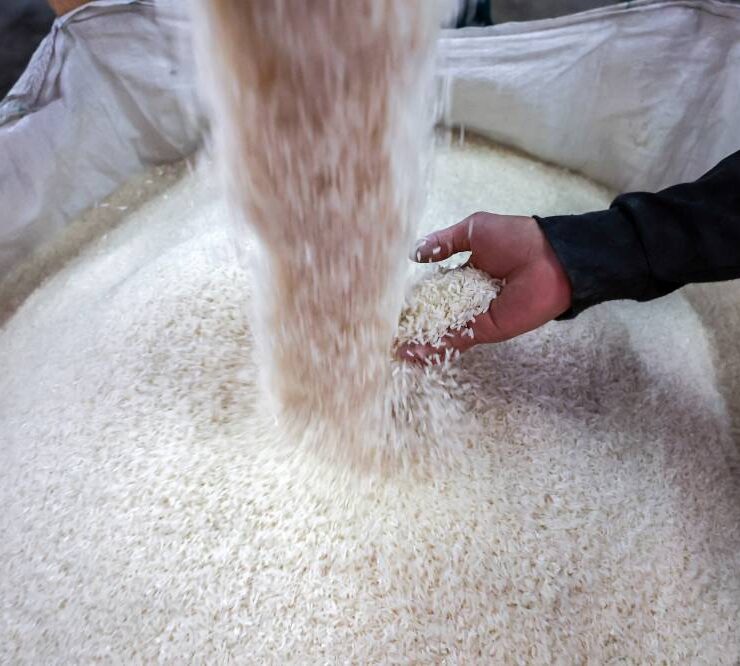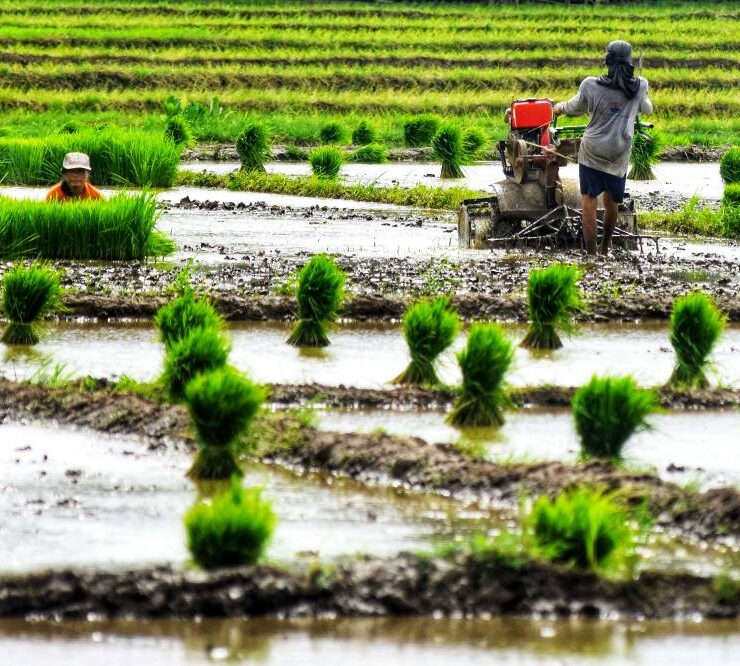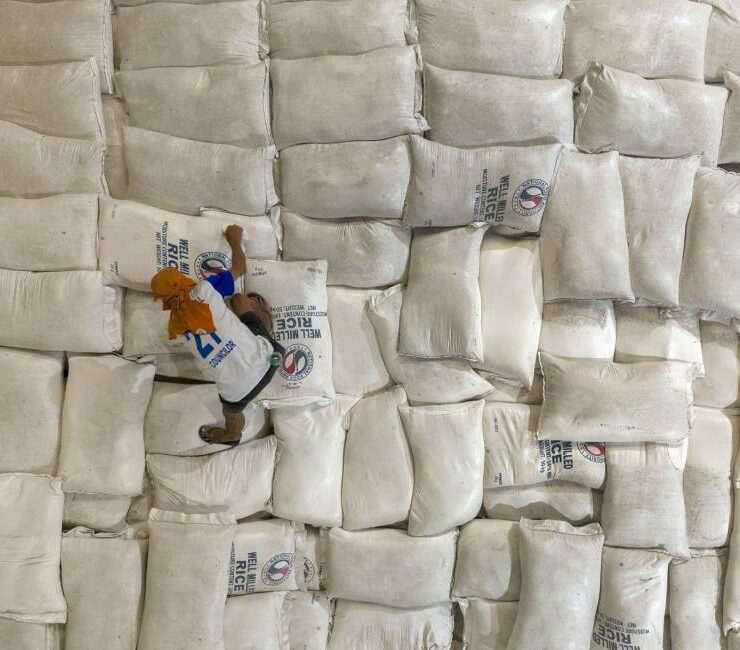Trump tariffs threaten to pile more pain on Thailand’s rice sector

NAKHON PATHOM, Thailand — Thai farmer Daeng Donsingha was already worried for her family of nine when rice prices in the world’s second-largest exporter of the staple crashed this year after India resumed exports.
Now, she’s also fretting over the tariffs unleashed by US President Donald Trump, which could slash demand for Thai rice in its most valuable foreign market and create turmoil in an export industry worth billions of dollars.
“The problem is that the price of rice is very low, while other costs such as fertilizers and farmland rent is higher,” the 70-year-old farmer said, after selling her harvest at a rice mill in central Thailand. “I’m losing money.”
Thailand is among Southeast Asian nations hardest hit by Trump’s proposed measures, facing a 36-percent tariff on goods unless ongoing negotiations are successful before the US president’s moratorium on the tariffs ends in July.
“If the US imposes the tariff, our jasmine rice will be too expensive to compete,” said Chookiat Ophaswongse, honorary president of the Thai Rice Exporters Association.
Last year, Thailand shipped 849,000 metric tons of rice to the United States, mainly of its most expensive fragrant jasmine variety, worth 28.03 billion baht ($735 million), according to the association.
In all, Thailand exported 9.94 million tons of rice in 2024, worth 225.65 billion baht ($6.82 billion), with the U.S. as its third-largest market by volume, but most lucrative.
Potential US tariffs would stall exports and hand the advantage to Thailand’s main regional competitors, like Vietnam, where prices are significantly lower, said Chookiat, whose association is targeting exports of 7.5 million tons this year.
“From $1,000 per ton, the price would rise to $1,400 to $1,500,” he said. “Importers will shift to Vietnamese jasmine rice, which is only $580 per tonne.”
Rice from Vietnam is cheaper because production costs are lower, farmers grow different varieties of the crop and bring in multiple harvests.
‘Won’t survive’
Farmers in Thailand, Southeast Asia’s second-largest economy, have already been on edge because of a 30-percent drop in domestic prices after India resumed exports in September. The country accounted for 40 percent of world rice exports in 2022 before the ban was introduced.
Analysts say there is no room for Thailand to cut prices to compete.
“Our production costs are high, while our yield is low,” said Somporn Isvilanonda, an independent agricultural economist. “If we dump prices, farmers won’t survive.”
The industry and farmers are pinning their hopes on negotiations between a Thai delegation led by Finance Minister Pichai Chunhavajira and the United States.
Reuters, the news and media division of Thomson Reuters, is the world’s largest multimedia news provider, reaching billions of people worldwide every day. Reuters provides business, financial, national and international news to professionals via desktop terminals, the world's media organizations, industry events and directly to consumers.





















